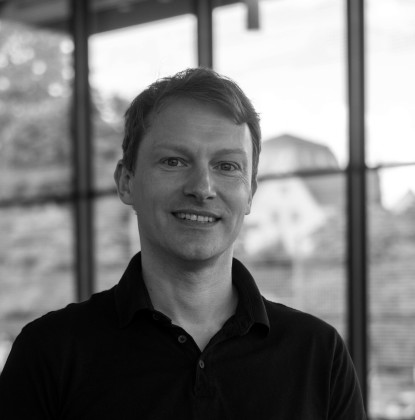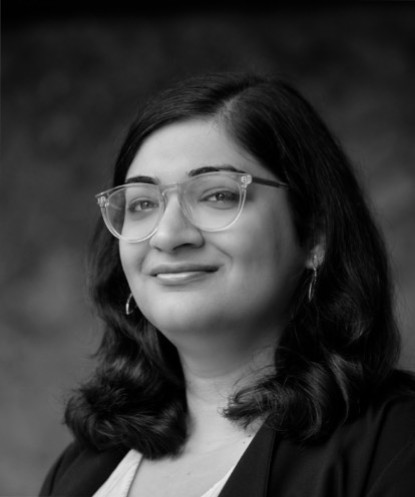For the first time in human history, more than half of the world's population lives in cities, a number which is expected to reach 6.4 billion people by 2050. This means that the urban population will double in the coming decades, whereas the urban built-up area will triple.
In developing countries, particularly, this scenario is associated with a poor management of the urban expansion and insufficient delivery of infrastructure and public services, which lead to severe poverty, diseases, high child mortality, low literacy rates, high social inequality and violence. Developing countries are also more likely to suffer from climate change, natural disasters, environmental problems, destruction of cultural heritage, political crisis and war, not mention a lack of economic competitiveness to finance urban expansion and counter associated problems. Not only do they face the largest growth challenges, but also the largest capacity and resource gap.
MU provides adequate professional and academic solutions that are required to address the steadily increasing needs in the field of urban development and international cooperation. The two-year course is innovative in its trans-disciplinary set-up and arranges knowledge around emerging global phenomena, rather than only around purely academic frameworks.
Students are provided with the highest quality academic resources and teaching staff, and afforded with insight into current development planning theories and practices, instigating them to propose architecturally, socially, economically and ecologically sustainable urban development solutions.
For more detailled information please visit MU's Main Page





